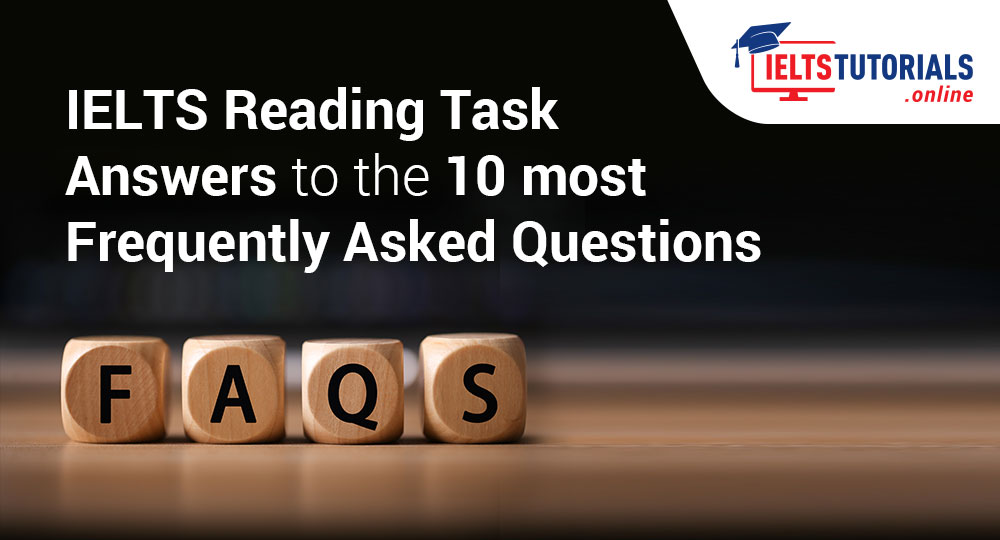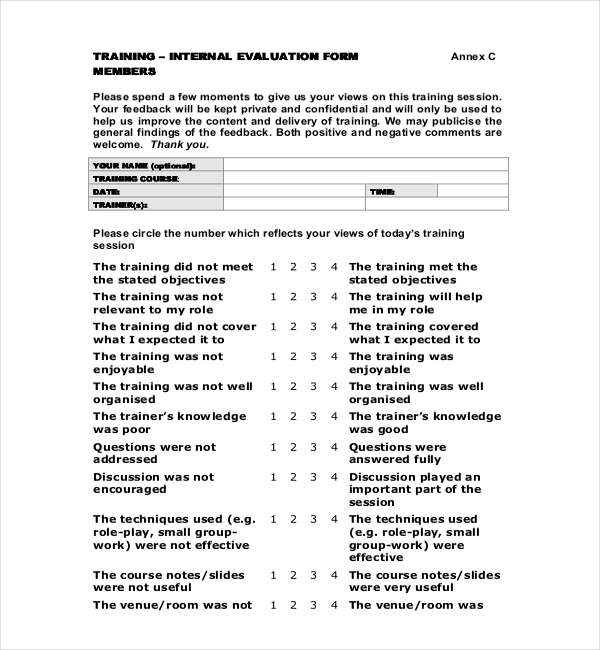

When deciding whether to use a coach or a mentor, consider the goal you wish to achieve.


Motivate talented professionals to focus on their career/life development.Work one-on-one with leaders who prefer working with a coach rather than attending “public” training programs.Improve behavior in a short period of time, like coaching an executive to address the media on a specific topic.
#TASK COACH QUESTIONS AND ANSWERS PROFESSIONAL#
Prepare a professional for advancement in the organization.Assist leaders in coping with large-scale change through a merger or acquisition, like managing new “blended” work teams and adapting to the merging of company cultures.Help individuals who are not meeting expectations or goals.Enhance the experienced professional with a new or refreshed skill.Develop raw talent with a specific new skill.Now that you have a basic understanding of the difference between coaching and mentoring, how will you know which is best…working with a coach or working with a mentor? There is less interest in specific, measurable results or changed behavior and more interest in the overall development of the mentee. Outcome from a mentoring relationship can shift and change over time. Outcome from a coaching agreement is specific and measurable, showing signs of improvement or positive change in the desired performance area. In the mentoring relationship, the mentee is more likely to ask more questions, tapping into the mentor’s expertise. The mentor supports that agenda.Īsking thought-provoking questions is a top tool of the coach, which helps the coachee make important decisions, recognize behavioral changes and take action. The mentoring agenda is set by the mentee. The coaching agenda is co-created by the coach and the coachee in order to meet the specific needs of the coachee. The mentee learns from and is inspired by the mentor’s experience. Within organization mentoring programs, mentors have more seniority and expertise in a specific area than mentees. Examples: Presentation skills, leadership, interpersonal communication, sales. Generally meetings tend to be more informal, on an as need basis required by the mentee.Ĭoaches are hired for their expertise in a given area, one in which the coachee desires improvement. Traditionally more structured, with regularly scheduled meetings, like weekly, bi-weekly or monthly. Mentoring is more development driven, looking not just at the professional’s current job function but beyond, taking a more holistic approach to career development. Relationship tends to be more long-term, lasting a year or two, and even longer.Ĭoaching is more performance driven, designed to improve the professional’s on-the-job performance. However, some coaching relationships can last longer, depending on goals achieved. Relationship is more likely to be short-term (up to 6 months or 1 year) with a specific outcome in mind. The best way to understand how coaching and mentoring relationships are structured is to do a side-by-side comparison: The mentor is responsible for providing support to, and feedback on, the individual in his or her charge.” One note of clarification: While many organizations offer in-house mentoring programs, often as part of a leadership training program, it is common for mentees to work with mentors outside their organization.Ĭoaches and mentors can be selected to work with professionals based on their industry expertise (banking, health care, manufacturing), position expertise (marketing, finance, human resources), skill set (spokesperson, committee chair, conference presenter) or other valuable expertise that can enhance a professional’s life, like community service or board service. Mentoring: A simple, broad definition of mentor is “an experienced and trusted advisor.” ( ) defines mentoring as an “Employee training system under which a senior or more experienced individual (the mentor) is assigned to act as an advisor, counselor, or guide to a junior or trainee. The best place to start is a definition of coaching and mentoring.Ĭoaching: The International Coach Federation ( ) defines coaching as “Partnering with clients in a thought-provoking and creative process that inspires them to maximize their personal and professional potential.” One of the most frequent questions that I am asked as a coach is, “What is the difference between a coach and a mentor?” While the skills required are similar, and both are used as professional development tools, the structure and the outcome are quite different.


 0 kommentar(er)
0 kommentar(er)
